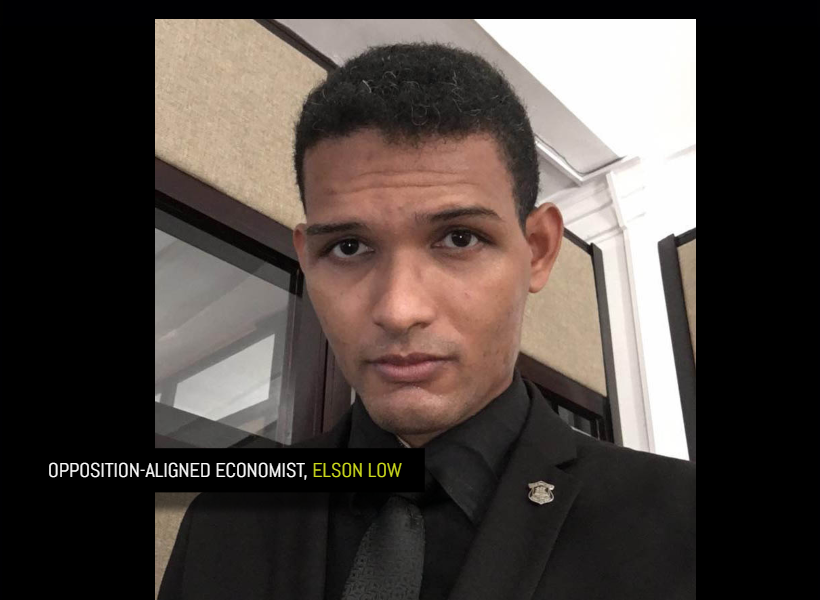ExxonMobil Guyana revealed on Tuesday that it complied with government’s order to have on site, a capping stack. That piece of equipment is regarded as one of the most powerful tools with the ability to contain oil spills. Guyana is now 1 of 13 countries in the world armed with this latest piece of technology.
In a most radical display of ignorance today, Elson Low, a key advisor to Opposition Leader, Aubrey Norton, said the capping stack is a good tool to have, but should not be a “replacement for a parent guarantee and appropriate insurance.”
At no point in the history of discussions regarding oil spill mitigation has Exxon or the government proposed the capping stack as a replacement for insurance or parent company guarantee. In fact, the Guyana Government said, repeatedly, that it is necessary to have the device as part of a comprehensive response plan. That plan also includes Exxon’s US$2billion parent company guarantee and a US$600M insurance policy, both of which have been gazetted.
During an episode of the Energy Perspectives Podcast some weeks ago, Head of the Environmental Protection Agency (EPA), Dr Kemraj Parsram explained in great detail that the US$2 billion parent company guarantee is not the ceiling of what Guyana can demand for oil spill compensation. He said it is floor, the starting point, the bare minimum. In other words, the EPA has the power to bring Exxon back to the table to demand coverage of all costs that exceed the US$2B guarantee.
Despite the foregoing being in the public domain, and easily accessible via rudimentary Google checks, Low still displayed a cringy misunderstanding regarding the role of the capping stack and how that complements the gazetted parent guarantee and insurance policy.
At a press conference held by the Peoples’ National Congress Reform (PNC/R) today, Low who was asked for his thoughts on the capping stack said, “…Oil spills are notoriously difficult to contain quickly. You would have seen with the Deep Water Horizon spill that there was a failure…” Even with that reference made by Low, he still demonstrated his unfamiliarity with the facts. The politician said: “In fact, of the equipment that they brought to cap that well…that failure of equipment lead to prolonging of the oil spill.”
It should be noted that the 2010 spill that occurred offshore the Gulf of Mexico was not prolonged due to failed equipment that was brought to cap the well, as Low claimed. The blow out preventer (BOP) that was already installed, failed, due to miswired control systems. This ultimately prevented the device from carrying out its intended purpose of sealing the well.
As a result of this environmental disaster, the capping stack, which Guyana has in country while also maintaining subscription to another, was created.
Low further noted that while a capping stack and other pieces of equipment are useful, they do not “in any way guarantee that the country is insulated altogether from an oil spill.”
Vice President, Dr Bharrat Jagdeo has said on numerous occasions that irrespective of the measures in place, no country, be it the US, Saudi Arabia, or Brazil will ever be insulated from oil spill risks. In acknowledgement of this reality, the former APNU+AFC led by David Granger supported Exxon in its quest to fast track oil development even during the COVID-19 pandemic. This occurred in the stark absence of a parent company guarantee, insurance policy, robust permits, and an updated oil law and regulations.













